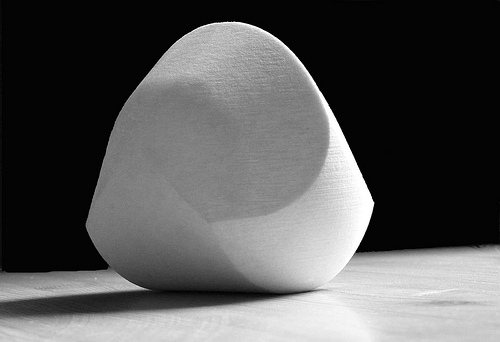Benjamin Franklin wrote from Passy, in 1781, a letter to M. Dumas. He said:— ‘I have just received a 14, 5, 3, 10, 28, 2, 76, 203, 66, 11, 12, 273, 50, 14, joining 76, 5, 42, 45, 16, 15, 424, 235, 19, 20, 69, 580, 11, 150, 27, 56, 35, 104, 652, 20, 675, 85, 79, 50, 63, 44, 22, 219, 17, 60, 29, 147, 136, 41, but this is not likely to afford 202, 55, 580, 10, 227, 613, 176, 373, 309, 4, 108, 40, 19, 97, 309, 17, 35, 90, 201, 100, 677.’ This has never been deciphered. The state department at Washington has no key to it. I submit it for the consideration of the whole world.
— Elliott Sandford, New York World, cited in Henry Williams, A Book of Curious Facts, 1903
04/09/2014 Now solved!
12/30/2014 Oops, that link seems to have gone bad. Here’s another one. The numbers are keyed to the text of a book that Franklin’s correspondent Charles Dumas had sent to him. The message reads, “I have just received a neuu comiissjon joining me uuith m adams in negodiaions for peace but this is not likely to afford me much employ at present.”




